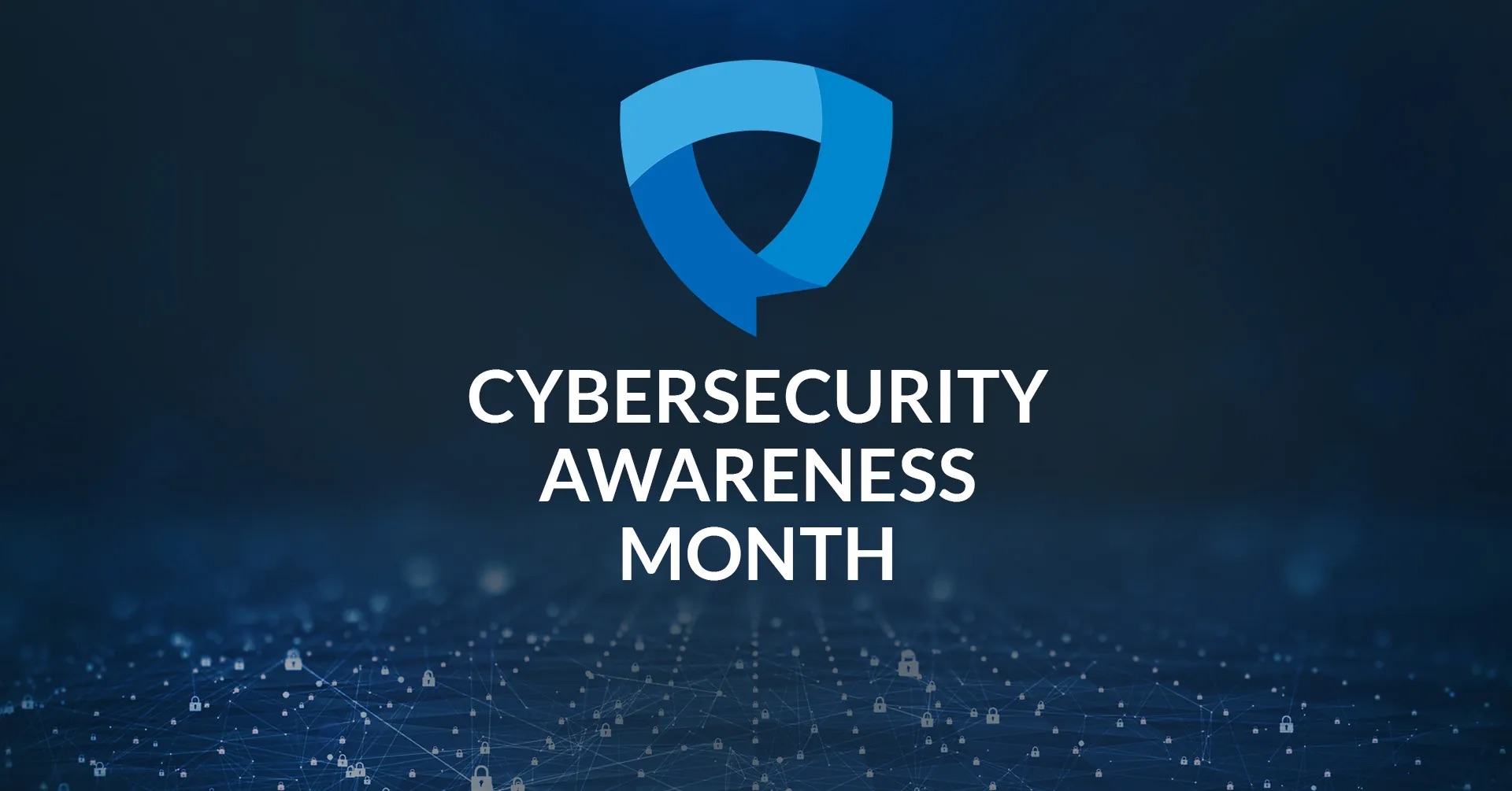
October — Cybersecurity Awareness Month
Every October, the world marks Cybersecurity Awareness Month, an international initiative that for over twenty years has brought together governments, businesses, the IT community, and civil society to raise digital literacy, build a culture of security, and strengthen collective resilience in the digital environment.
Kyrgyzstan: A Step Toward Digital Maturity
In 2025, Kyrgyzstan made a historic step toward digital maturity with the adoption of the Digital Code, often referred to as the “digital constitution.”
For the first time, the document systematically established at the legislative level:
- the foundations for regulating digital processes and services;
- the rights and responsibilities of participants in digital legal relations;
- the protection of digital infrastructure and interaction with artificial intelligence systems;
- measures for incident response and ensuring continuity of digital processes.
Thus, at the level of law, Kyrgyzstan has recognized digital resilience as part of national security.
Central Asia: Challenges and Statistics
Cyber threats know no borders, and the countries of Central Asia are facing growing risks:
- In Kazakhstan, nearly 30,000 information security incidents were registered in the first five months of 2025 — twice as many as the previous year.
- In Kyrgyzstan, about 1,600 cybercrimes were recorded last year, roughly half of which were solved.
- According to the Ministry of Internal Affairs, around 100,000 Kyrgyz citizens fell victim to cyberattacks in 2021.
- In the National Cyber Security Index (NCSI), Kyrgyzstan ranked 91st out of 176 countries, scoring 37.66 points, improving from its previous 112th place.
- The internet penetration rate in Kyrgyzstan is around 80% of the population, higher than the Asian average of 62%.
- The Central Asian cybersecurity solutions market is estimated at approximately USD 256 million in 2025, with projected growth to USD 425 million by 2030.
Regional Progress
Despite the challenges, Central Asian countries have made significant progress:
- Kyrgyzstan adopted the Digital Code, the first in the region to legally define the concept of digital resilience.
- Kazakhstan implemented a National Cyber Strategy, strengthened its incident response center (KZ-CERT), and continues to develop digital government initiatives.
- Uzbekistan is actively expanding cyber education, launching new ICT and cybersecurity university programs.
- Turkmenistan and Tajikistan have reinforced their legal frameworks in information security and are participating in regional dialogues on digital development.
Overall, the region is moving toward harmonized approaches to protecting critical infrastructure, advancing cyber education, and adopting international standards.
These steps demonstrate that Central Asia is gradually building its own architecture of digital resilience, with Kyrgyzstan emerging as one of the key drivers of legislative innovation.
Global Agenda: Cybersecurity Awareness Month 2025
This year, global discussions focus on:
🔹 protecting critical infrastructure and society;
🔹 regulating and safely deploying artificial intelligence;
🔹 strengthening countries’ resilience to transnational threats;
🔹 aligning cybersecurity with national security priorities.
By adopting the Digital Code, Kyrgyzstan has effectively aligned itself with this global agenda.
The Role of the Digital Resilience Association (DRA)
The Association actively supports both national and international efforts in the field of cybersecurity.
Throughout October, DRA:
✔️ conducts awareness campaigns to improve digital literacy among businesses and the public;
✔️ publishes recommendations on digital hygiene and data protection;
✔️ participates in international expert discussions and professional events;
✔️ implements in practice the principles of digital resilience enshrined in the Digital Code.
Useful Tips for Digital Hygiene
To reduce cyber risks:
- Use two-factor authentication (2FA).
- Regularly update software and systems.
- Create unique passwords and store them in a password manager.
- Verify email senders and avoid phishing attempts.
- Back up your data regularly.
- Train employees and family members in basic cybersecurity principles.
- Limit data access based on the “need-to-know” principle.
- Develop a cyber incident response plan.
Conclusion
Today, Kyrgyzstan and other Central Asian countries are not only facing increasing cyber threats but are also demonstrating strong progress in strengthening digital resilience.
The adoption of Kyrgyzstan’s Digital Code, the national strategies of neighboring countries, and the growth of the regional cybersecurity market all indicate that Central Asia is becoming an active participant in the global cybersecurity agenda.
October is not just a month of awareness — it is a time for action, collaboration, and building trust in the digital space.
 Русский
Русский